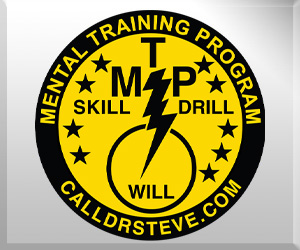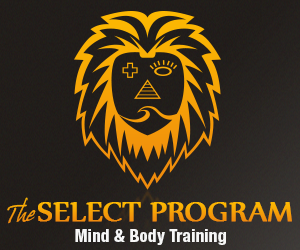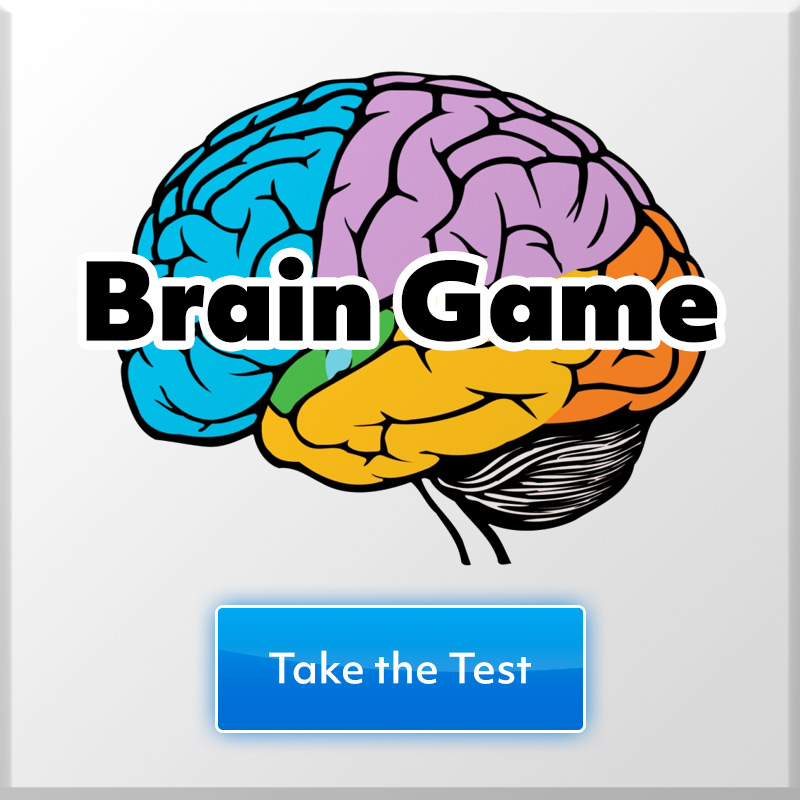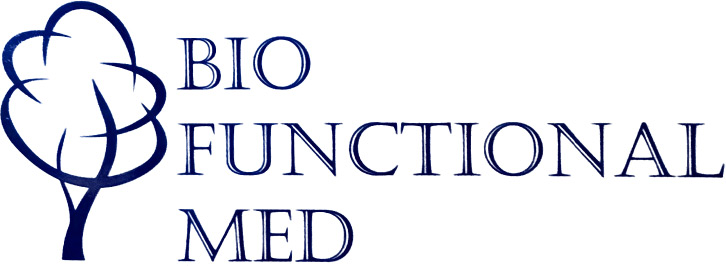Developmental Training
5 Major Developmental Areas:
- Communication
- Motor Skills
- Imagination
- Self-Control
- Problem Solving
Goal 60 minutes per day of Developmental Activities
e.g., 10 minutes each of 5 Major Developmental area
1. Communication
Receptive: recognizing by pointing to body parts, critical objects/items living & non-living.
Expressive: labeling body parts, critical objects/items living & non-living, Sing alphabet, songs, rhymes, repeating games (say what I say or finish what I say), recite numbers, counting forward and backward, verbal mathematics (e.g., 1 + 1 = ?), spelling out loud.
Check out Speech Videos for Toddlers and Babies – Early Intervention Activities and Baby Milestones Video
note: the Speech Videos for Toddlers and Babies, “Talking Time” encourage speech and show early intervention activities. All babies and toddlers benefit from singing songs and nursery rhymes, rich pretend play, modeling language and interactions and floor time. It also lists some baby and toddler milestones to look for, such as gestures like point and waving, labeling and pointing to parts of body, imitating adults and pretend play. It’s helpful to get down on the floor with your child at their level. If you have a very young baby, they can lay on their back and you can do the songs for them above them (don’t forget daily “tummy time” which is very important!)
Emotional: drawing a picture story or journaling about the day, and telling an oral story about the day / events. Explore feelings and foster courage. Gives words to make sense of painful and frightening experiences. Develop empathy by exploring what other’s where thinking / feeling when they acted certain ways.
Example: Learn how to match the appropriate feelings with correct faces.
2. Motor Skills
Gross Focused: a) Play catch (age appropriate ball preference nerf type ball vs. baseball, football, etc). b) Practice balancing (On 1 leg at a time, Walking a line, Balance board). C) Jog or run (short 10yards – 200meters, medium 400m-1mile, long 2miles, 5k, or more).
Fine Focused: a) Target based mindful activity (Nerf vs. real equipment) Basketball – shoot frees throw, corn hole, darts, horseshoes, put-put golf, Baseball – throwing strikes, Football – throwing or kicking to mark b) Self based mindful activity e.g., catch / toss vs. juggling.
Visual Focused: a) Tracing or drawing – basics: letters, numbers, shapes vs. advanced Art forms, b) Manipulation w/ Dominos, play-doh, clay, Legos, blocks, magnetics, etc. or games like “Operation.”
Great visual motor skills training tools: https://learningcrab.com/
3. Imagination
Books and/or audio-videos: a) Story time w/ Courage themes b) imagery exercises (age appropriate) b) interactive play (e.g., make believe ball toss).
-
- Harry the Hypno-potamus by Linda Thomson
- A Book of New Meditations for Children (Stories by Maureen Garth)
- Classic books e.g., The Little Engine That Could
- StressFreeKids.com or Just-A-Minute.org
- http://kidfirmations.com or www.gozen.com
4. Self-Control
Games: Play Simon Says, Red Light Green Light, Freeze game, copy-cat / mirroring, Slow-Motion moving.
Exercise: dance, martial arts, Yoga, calisthenics, aerobics, gymnastics, etc.
Musical: vocal, drumming, or other musical instrument.
Meditation: breathing drills, mantras, Qi Gong, progressive muscle relaxation (PMR).
5. Problem Solving
Board games (e.g., Tic-Tack-Toe, Checkers, Chess, Clue, etc.)
Card games (e.g., Go Fish, Old Maid, Crazy 8’s, UNO, WAR, Gin Rummy, etc. )
Puzzles, Brain Quest, mental test, Riddles, etc.










